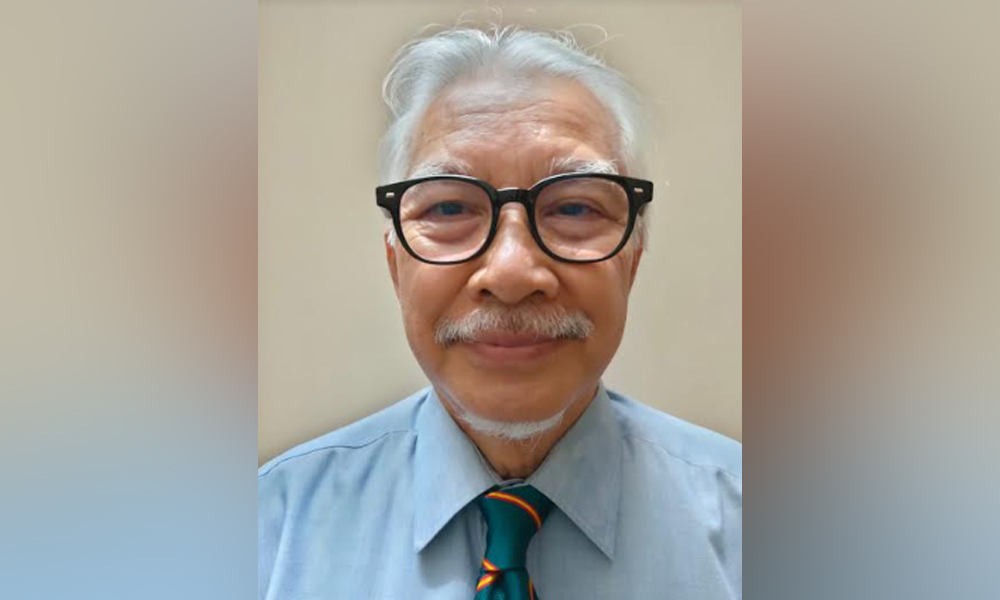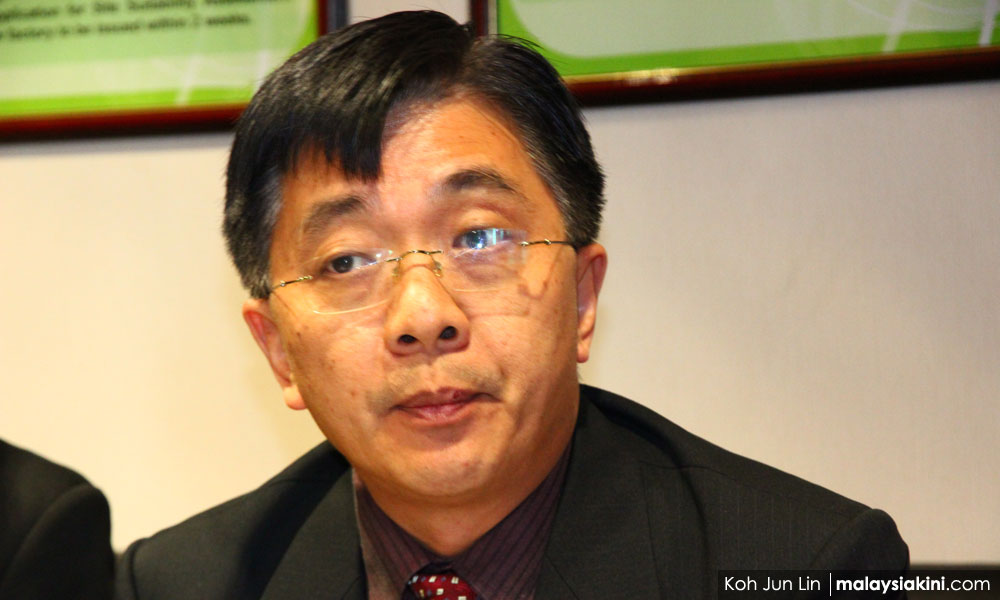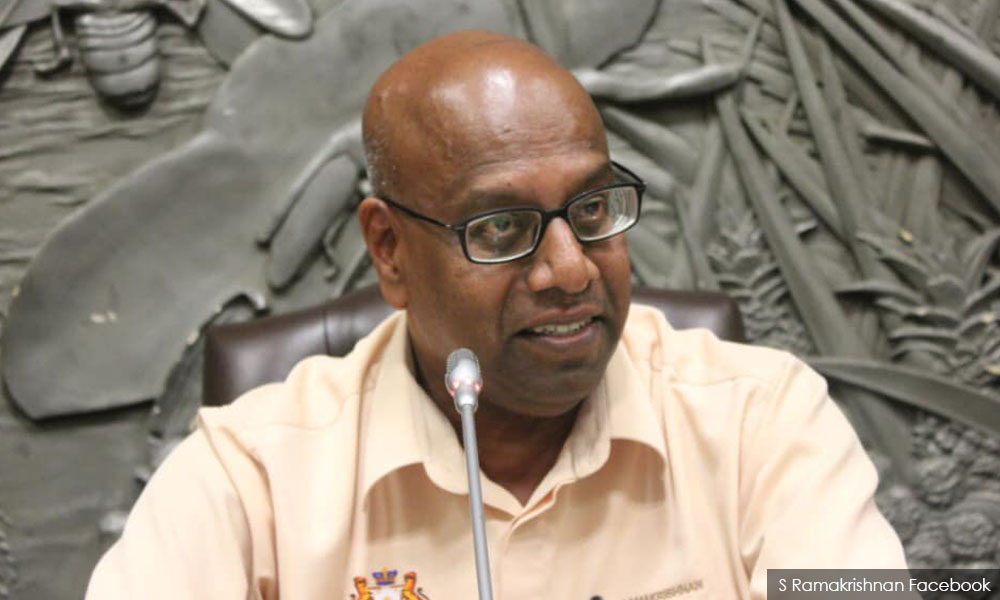“Civil servants have an extraordinary genius for wrapping up a simple idea to make it sound extremely complicated.” - Quote from yes minister
One of the first tasks that Prime Minister Anwar Ibrahim undertook was to address the Prime Minister’s Department and civil servants in government service to bring them around to be part of the new team in Putrajaya.
He extolled them to embrace the change that was coming with the new administration he was helming.
One possible reason he addressed this service was that the PTD/civil service has been accused of being reluctant to serve the Pakatan Harapan government during its first tenure between 2018 and 2020.
Some have even accused the civil servants of being part of the “deep state”, a group that ostensibly wants a return to the old political template run by Umno/BN.
Even Dr Mahathir Mohamad, who was PM for 22 months at the time had on occasion complained of the less than stellar performance of the PTD officers.
Will Anwar and his incoming administration be subjected to such reluctant service as well?
Concept of neutrality ingrained
According to Abdul Halim Shah, who was at one time the deputy director (service) in charge of discipline at the Public Services Department, the civil service is premised on the almost sacrosanct concept of “neutrality”.

“Malaysia adopted the system practised in Britain which is supposed to be an ethos of the service. Being neutral is a given. This is embedded in the system without having to declare it in any subsidiary legislation which has the force of law. In plain language we take it for granted,” he said.
According to Abdul Halim, former Harapan prime minister Mahathir had complained that the civil service was not giving its full support after the collapse of BN in 2018 and Harapan took over the reins, but he does not think it was across the board.
“I am not quite sure whether it was the actual widespread phenomenon that took place. It could have happened in isolated cases where files were deemed to have disappeared and information was not readily forthcoming when asked for.
“I could not imagine that the civil service had the audacity to form the so-called ‘deep state’ which to my mind nobody was capable of leading such a movement, where ‘Yes sir, yes sir, three bags full’ syndrome was the common practice,” he said.
Wrongly indoctrinated
Dr Boo Cheng Hau, the former Skudai assemblyperson, felt that many in the civil service have been “indoctrinated” into being loyal to a particular regime.
“For the past forty years, the civil servants have been largely indoctrinated by Biro Tata Negara with a particular political ideology and blind loyalty to a particular regime.
“The mindset has to be reinvented to a new democracy in which they have to enforce the new government policies of reforms with full commitment while free to give their input and advice to their political bosses,” he said.

But he pointed out that this will not be an easy task.
“I would expect this won’t come easy and it takes a lot of readjustments and frequent multilateral engagements between various quarters, including the ruling parties, the opposition parties and the civil service,” he added.
S Ramakrishnan, the former Bekok assemblyperson during Harapan’s first tenure in 2018, felt that the civil service was too stuck in its ways to embrace change.
He said that the members of the service are not sure how long the new regime would last and hence their reluctance to serve neutrally.
“The civil service is used to the Umno culture for over 60 years. The rot is very deep. The officers just take orders and are not used to changes and reforms. They just follow orders with no initiatives and new thinking,” he said.
Ramakrishnan added that the new government in 2018 was also not used to governing. They were impatient to bring changes and reforms.
“The civil servants are cautious with these reforms. They fear changes and are used to comfort zones. Things can go wrong here. Anwar, as the prime minister, must move cautiously, taking everyone into consideration,” he said.
Anwar can do it
However, Boo is optimistic that Anwar will be able to overcome the hurdles and the perceived reluctance in the civil service to serve the new administration.
“I believe Anwar is able to overcome this with his vast experience in both the government and the opposition.
“The public service has to be advised to readjust to the idea that they serve the country and the people not only for a particular party, class, race or creed. On the other hand, they have to help implement the policies made by the new government and passed by various legislative,” he said.
“They are a part of a complex checks-and-balances democratic system. In other words, no one including both the politicians and the civil servants has the absolute power to dictate making and implementing government policies,” he added.
‘Bodek’ culture must stop
Abdul Halim attributes part of the lethargy, and at times inefficiency in the service to a culture of flattery of “bodek” of superior officers to get a promotion instead of proper assessment of personnel.
“The penchant for creating committees for the slightest reason in order to solve short-term problems should be dispensed with as it invariably leads to lethargy and ineffectiveness.
“Officers should be appraised on their competencies and performance on the job and not on their skills on bodeking their superiors,” he added.
He said that the instrument in annual performance appraisal such as having the KPI, should be fine-tuned where accurate measures must be realistic and not just based on pure numbers. The human aspect or the soft skills such as communication skills and the ability to write cabinet papers are important, as an example.
In one dialogue with the then chief secretary Halim Ali, Abdul Halim said that a question from the floor was posed to him.
“If an officer is ordered to do something which is against the rules and the regulations pertaining to the function of the ministry, what should be the reaction?
“His reply was terse. Firstly, the officer must explain what were the established principles as found in the rules and regulations.
“And after doing that, if he or she is still adamant in asking the officer to do their bidding, then he must inform the politician that he is going to record this in the file giving reasons, why he is pressured to do something out of line,” Abdul Halim said.
Abdul Halim recalled an episode where he was on secondment to Sirim as administration and finance director.
“One day I was called by my superior to his office who informed me that the minister was not happy with me.
“I responded by asking what was he not happy with. And the reply was in the negative. So I told him there and then, that I was entrusted to discharge my duties and responsibilities as expected of me and I was guided by the circulars, rules and regulations pertaining to finance and administration. If he was not happy with it, let me go back to my parent service,” Abdul Halim said.
He was promptly sent back after serving 24 months in Sirim to his parent service as a PTD officer in the Works Ministry filling the post of deputy-secretary general.
Cronyism in the past
Ramakrishnan added there was a lot of cronyism while he served in Johor as an exco member.
“Yes, there are lots of cronyism, vested interest, and comfort zones involved. It is race-dominated and indoctrinated. They are antagonistic to the opposition.
“Now since the opposition has taken over the government, Malay ministers in the new government must take the lead in introducing the culture of change. If they fail, it can bring down the new administration.

Boo added that as the Skudai assemblyperson for two terms, he received lots of advice, feedback and information from many sectors including the retired and experienced civil servants on how to solve many problems.
“Their advice and suggestions were very helpful and, we as either backbenchers or executives, would benefit from their advice.
“At the end of the day, it is the government of the day that has to face the verdict of the people for every five-year term general election.
“Any government in power needs the full cooperation of the civil servants, and on the other hand, I believe the present government would listen to the advice of the civil servants in formulating policies to fulfil many election promises,” added Boo.
Abdul Halim said that at the end of the day “it is imperative for the PTD to imbibe in every officer the need to serve without fear or favour and no matter how trying the situation surrounding you, never give up if you think you are right.”
The civil service can make or break a government by sabotaging policies and initiatives designed by politicians. Good policies can go awry by poor implementation or poor communication.
And equally, bad policies and programmes can be salvaged and made better by officers on the ground via feedback and feelers.
It would seem that Anwar has set the tone for the civil service by imploring this backbone of any government, to embrace the change and perhaps, reform the way things were being done in the past.
Turning a complicated programme into a simple idea where everyone can comprehend the details may be the task of a renewed civil service under Anwar.
And, he seems to be slowly getting it done his way. - Mkini
D ANANDARAJOO is a former journalist.
The views expressed here are those of the author/contributor and do not necessarily represent the views of MMKtT.



No comments:
Post a Comment
Note: Only a member of this blog may post a comment.